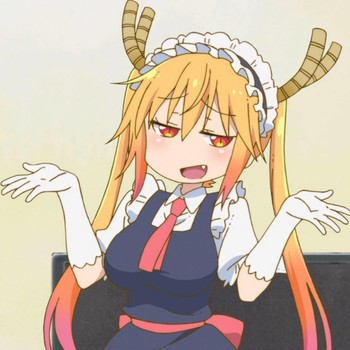How do you solve #\frac { 2n } { 3} + \frac { 5n } { 2} = \frac { 19} { 3}#?
1 Answer
Solve
Explanation:
Solving implies we determine the value of
First off, I want to add the fractions. To do this, we need to find a common denominator. With no common denomiators, we resort to the LCD (lowest common denominator) and alter the terms accordingly - while making the equation true.
The LCD in this equation is
#\frac { 2n } { 3} + \frac { 5n } { 2} = \frac { 19} { 3}#
#\frac { 4n } { 6} + \frac { 15n } { 6} = \frac { 38} { 6}#
Now that we have like terms, we can now add the fractions.
#(19n)/6= 38/6#
Now we cross multiply the terms.
#114n= 228#
Now we can finally isolate
#n=2#
We can double check our work by subbing in
#\frac { 2n } { 3} + \frac { 5n } { 2} = \frac { 19} { 3}#
#\frac { 2(2) } { 3} + \frac { 5(2) } { 2} = \frac { 19} { 3}#
#\frac { 4 } { 3} + \frac { 10 } { 2} = \frac { 19} { 3}#
We still need to find LCD.
#\frac { 8 } { 6} + \frac { 30 } { 6} = \frac { 38} { 6}#
#\frac { 38 } { 6} = \frac { 38} { 6}#
Thus, we can conclude that
Hope this helps :)

